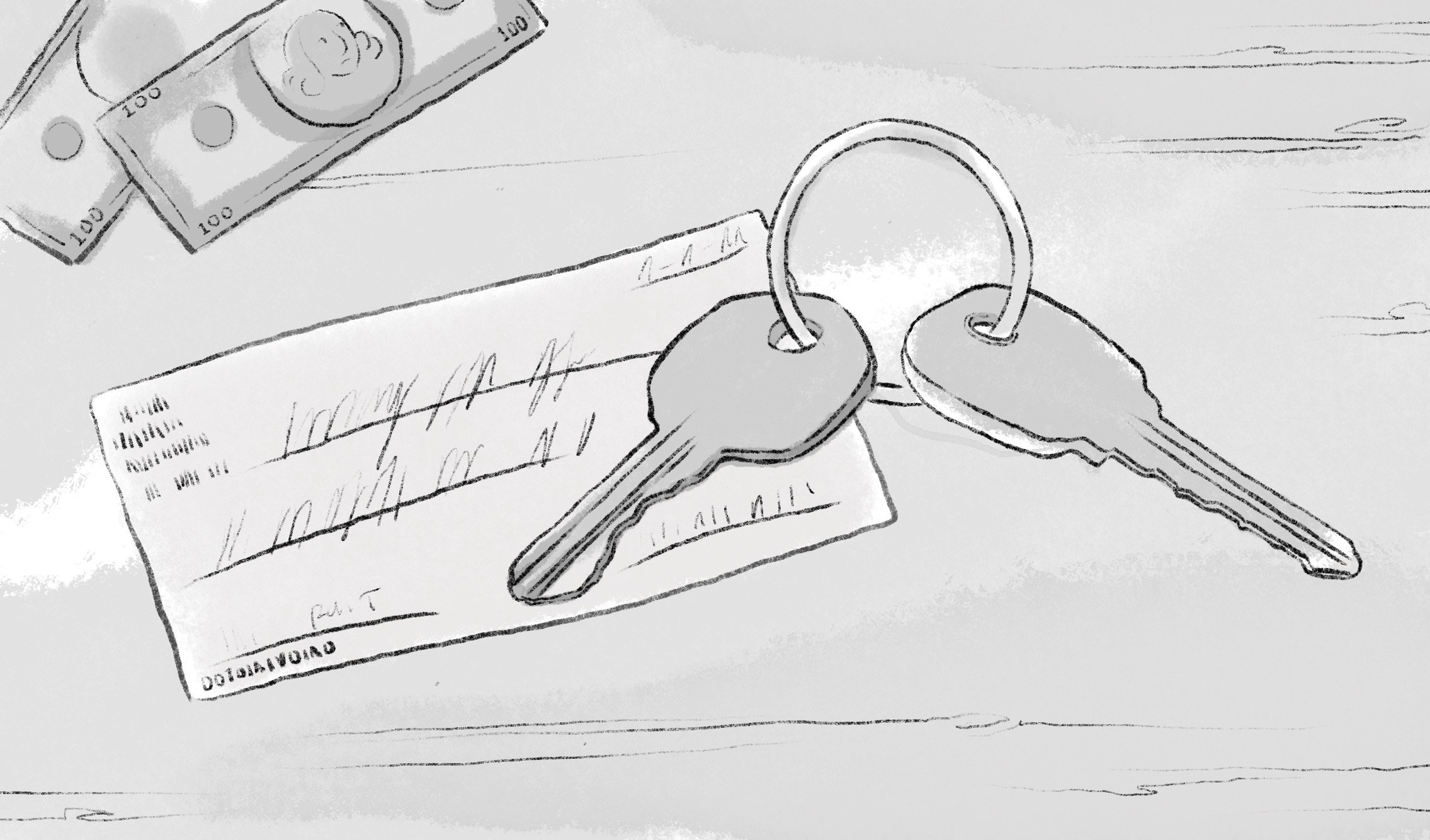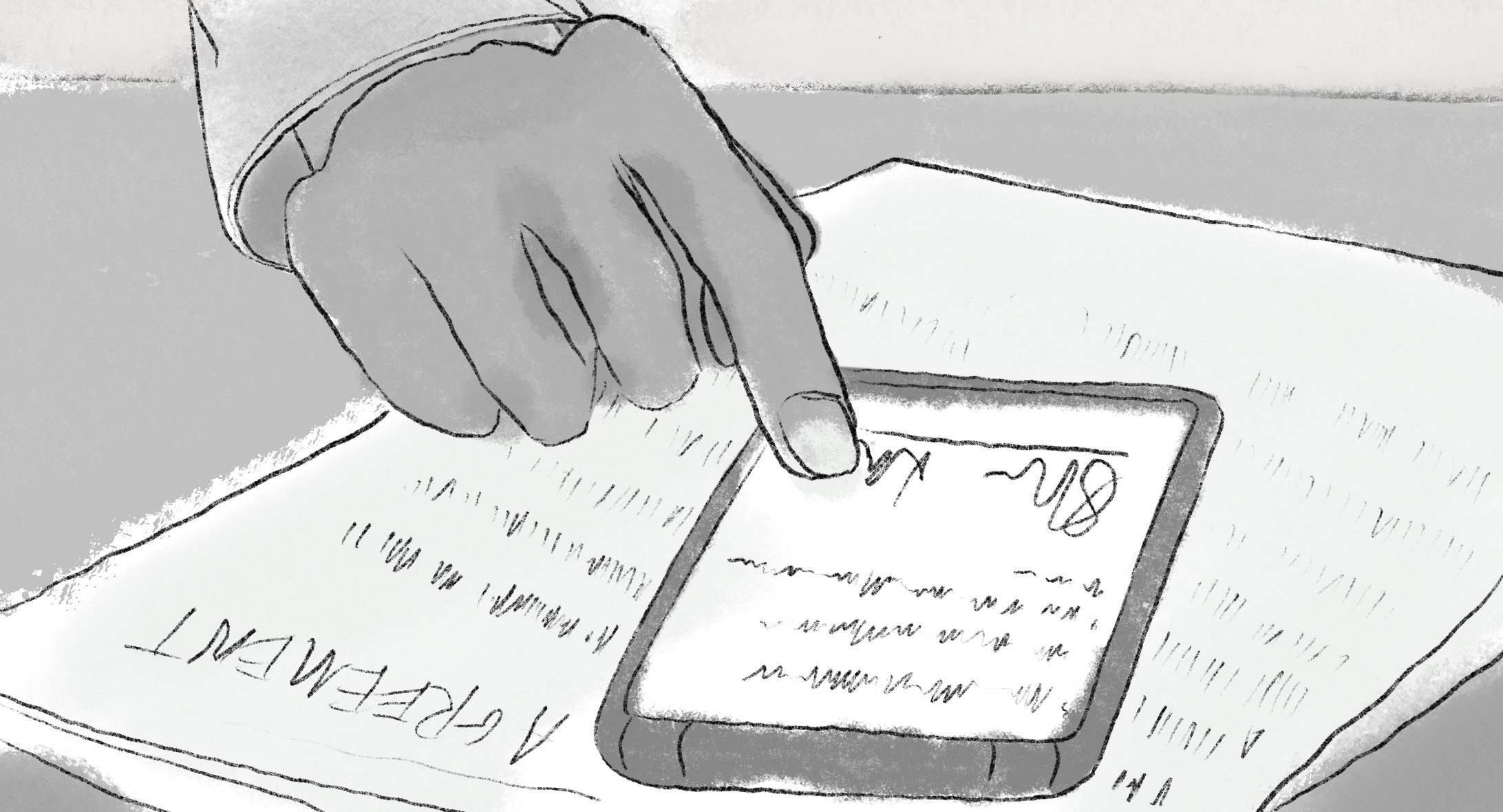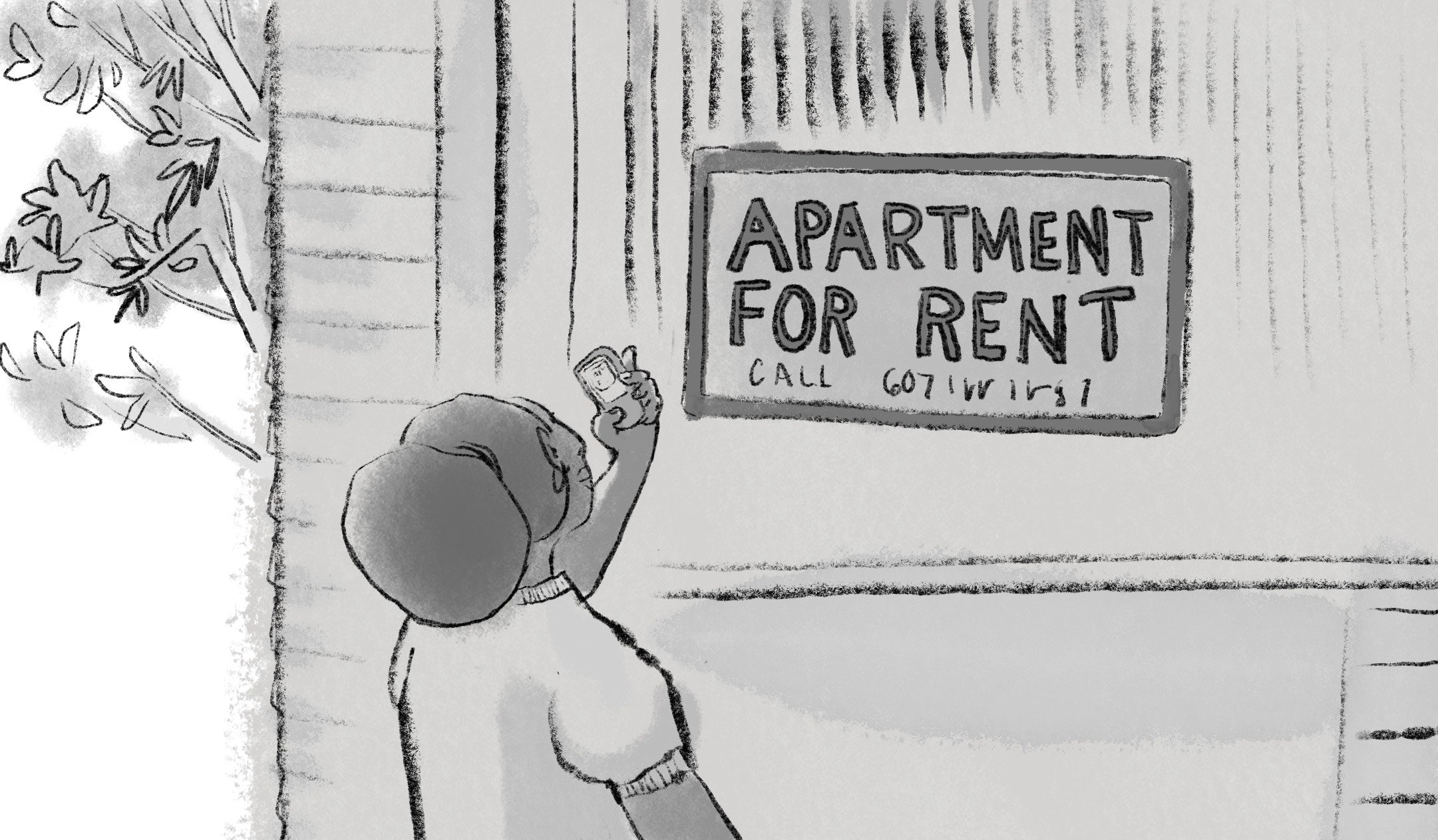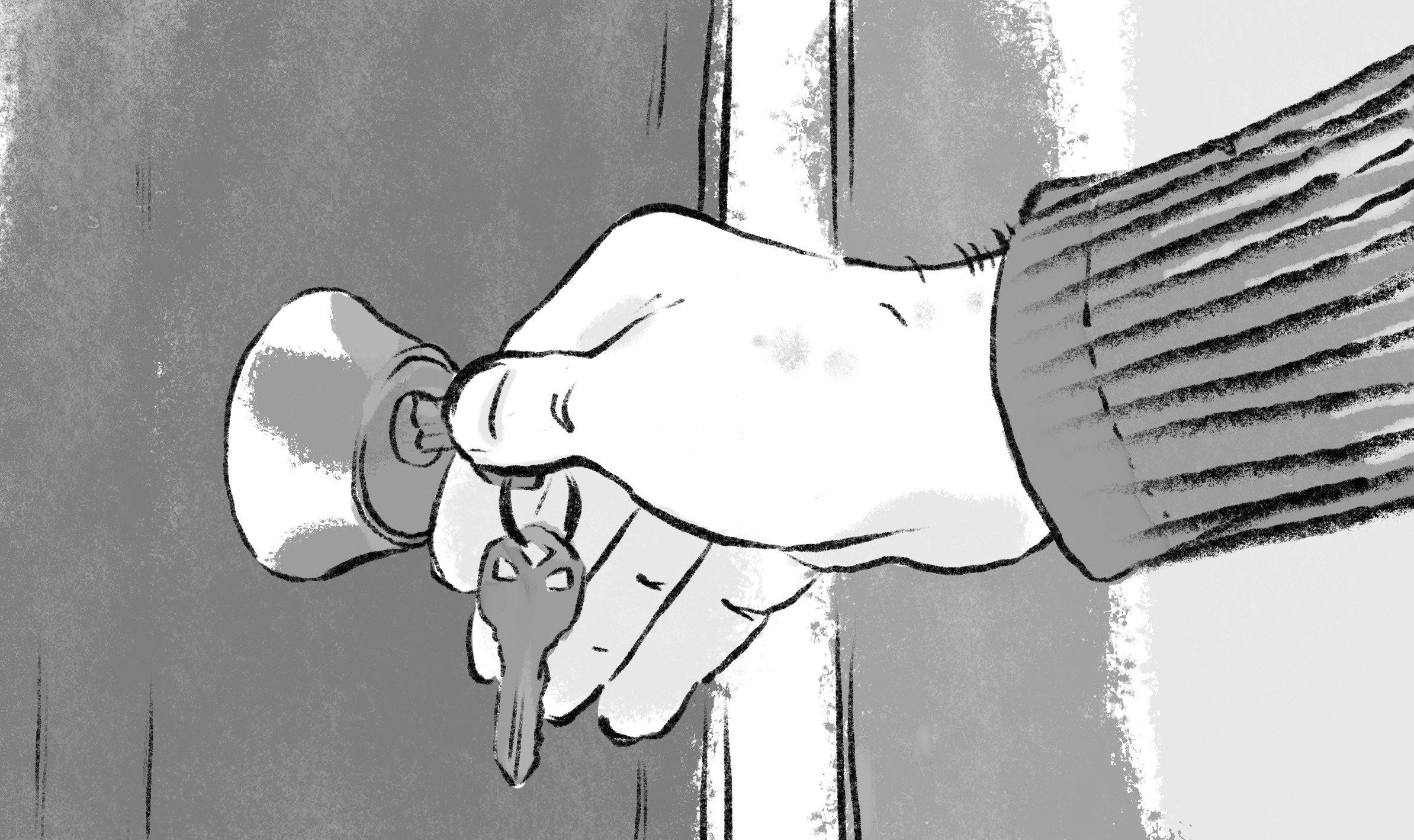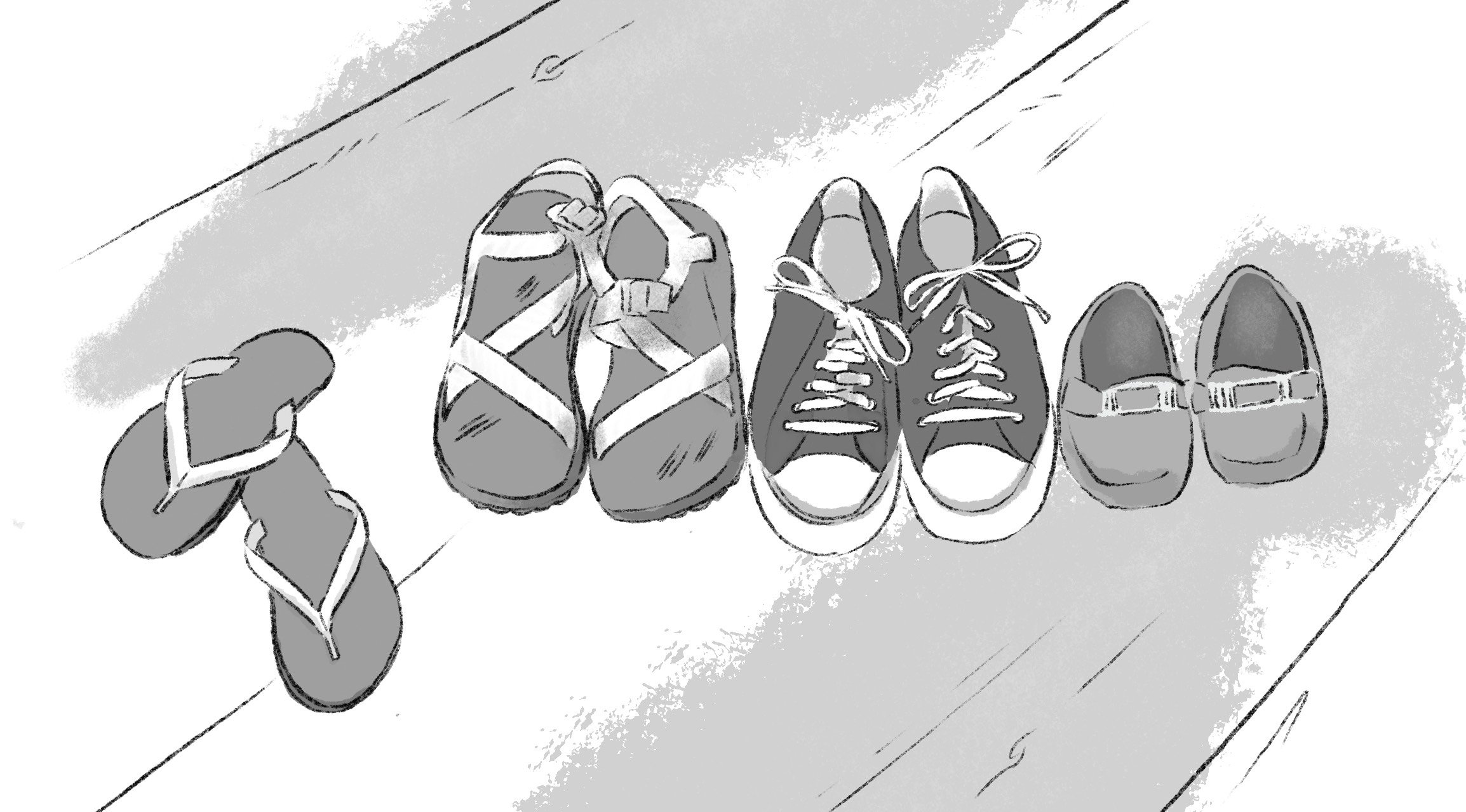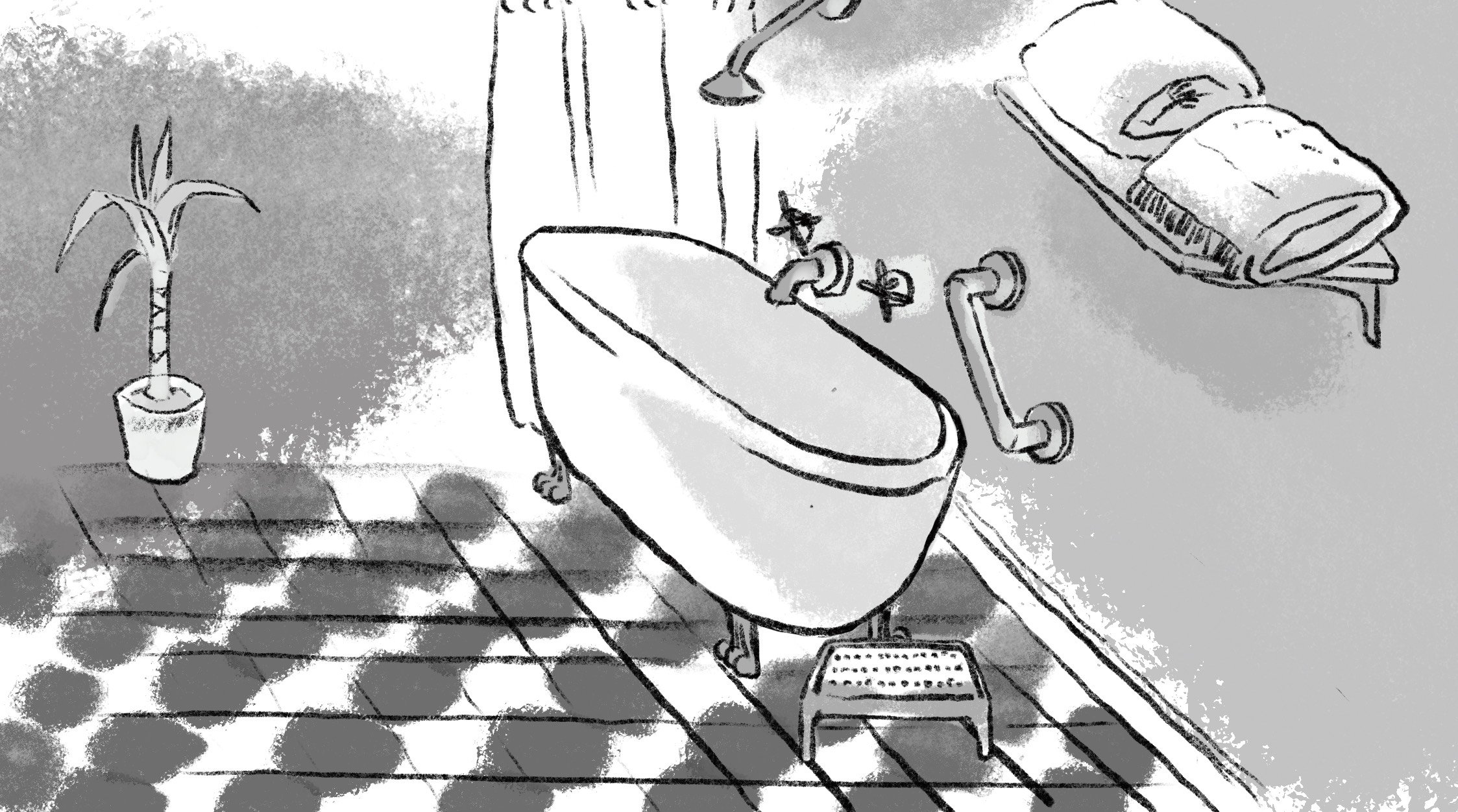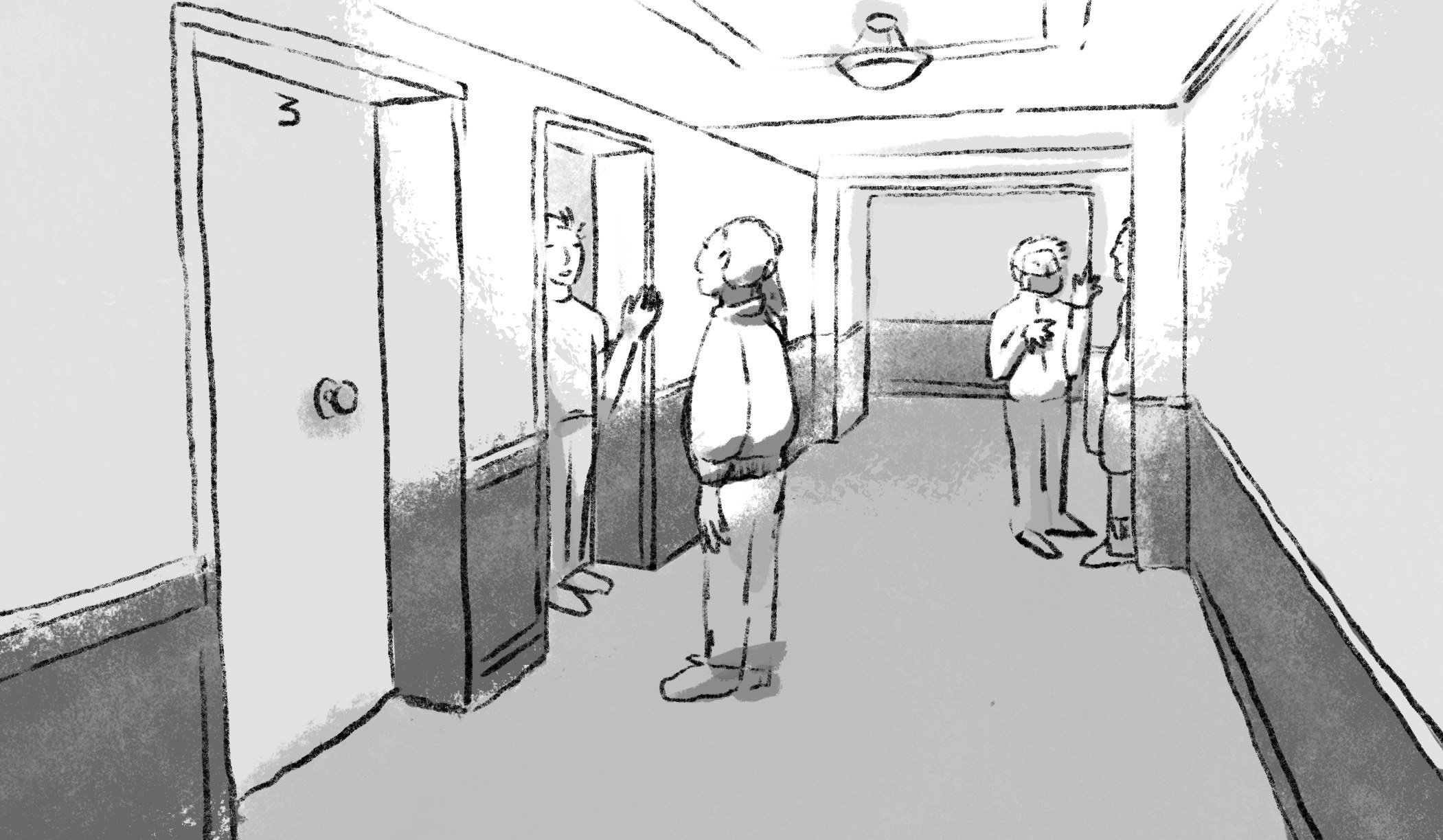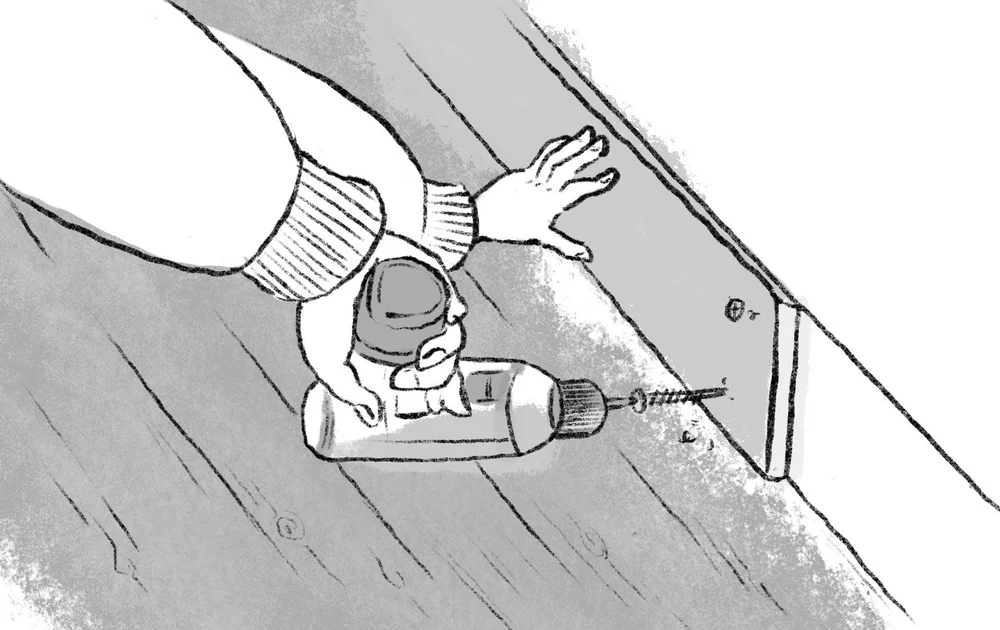
1. Building Issues & Maintenance
1.1 Introduction
All tenants have the right to live in safe, clean, and habitable housing. Despite their obligations under New York State law, however, landlords often neglect their properties or fail to maintain minimum standards of habitability. In this section you will find information regarding your rights regarding the condition of your housing, as well as potential ways to pressure your landlord to make necessary repairs.
1.2 Non-Waivable Tenant Rights
As a tenant, you are entitled to certain rights that cannot be waived, regardless of whether the lease agreement states that they are waived, there is no lease agreement, or your landlord tells you that you waived them. These rights are listed below and discussed in depth in various sections of this guide.
-
Tenant’s right to safe and habitable housing (Warranty of Habitability).
-
Tenant’s right to privacy – a landlord does not have unlimited access to the rental unit without the tenant’s prior consent.
-
Tenant’s right to have peaceful and quiet enjoyment of their home – the landlord cannot substantially interfere with the tenant’s enjoyment of the premises or make it unsuitable for living (Implied Covenant of Quiet Enjoyment).
-
A landlord cannot discriminate against a tenant based on the basis of a person’s actual or perceived race, color, religion, national origin, gender, familial status, disability, age, marital status, sexual orientation, military status, lawful source of income, or gender identity/expression.
-
Security deposits cannot be non-refundable or greater than one month’s rent.
-
Under New York State law, landlords cannot unreasonably limit a tenant’s right to have family, or other occupants, live with them.
-
A landlord cannot unreasonably deny a request for sublease or assignment.
-
The landlord has a duty to mitigate damages if the tenant moves out early and/or breaks the lease.
-
Late fees charged per month cannot exceed $50 or 5% of the monthly rent, whichever is less.
-
For domestic violence victims or survivors, after the lease has been terminated, you are no longer responsible for rent due under the lease after the date of termination.
1.3 The Implied Warranty of Habitability
In every lease or rental agreement — written, oral, or otherwise — the landlord must always comply with the Warranty of Habitability. A “warranty” is a promise. “Habitable” means that the rental unit and any common areas are safe and in good condition. The Warranty of Habitability is an implied promise that the property your landlord has rented to you is fit for you to live in and that the property can be used as you and your landlord reasonably intended. Please refer to New York Real Property Law Section 235-b.
Some common examples of conditions that may violate the Warranty of Habitability include, but are not limited to:
· Pest infestations, including bed bugs, rodents, cockroaches, and others;
· A lack of heat;
· Broken plumbing or a lack of water;
· Flooding or leaks;
· Electrical issues;
· Mold;
· Broken or damaged walls, ceilings, floor, windows, and doors;
· Broken appliances (if your landlord is responsible for providing them);
· Broken or non-functioning locks on windows or doors; and
· Any other issue that makes the property dangerous or unlivable.
Your right to safe and habitable housing cannot be waived—the Warranty of Habitability always applies—even if your lease says otherwise, if you don’t have a written lease, or if your landlord told you about the issues before you moved in.
1.4 When You Need Something Fixed
If there is something wrong with your home that violates the Warranty of Habitability, it is generally your landlord’s responsibility to fix it. Keep in mind, however, that if the problem was caused by you, members of your household, or a guest, you may be responsible for the repair.
If you notice a problem with your rental unit, notify your landlord of the problem in writing as soon as possible. Landlords must make necessary repairs within a reasonable time, depending on the seriousness of the problem. There is no strict time limit for how long your landlord can take to make a repair but, generally, emergencies should be fixed as soon as possible.
It is important to have proof that you told your landlord about the problem. It is always best to put requests for repairs in writing. This will help you create a written record if your landlord refuses to make the repair or ignores your request. If you tell your landlord about the problem by phone or in person, it is a good idea to follow up by letter, text message, or email. Be sure to put your name, address, and date on any letter. It is important to save copies of any communications with your landlord.
If you need to, you may also record all oral communications with your landlord. Remember, in New York, it is legal to record or videotape your conversations, both over the phone and in-person.
1.5 When Your Landlord Ignores Your Complaints
Landlords might ignore or refuse requests for repairs. There are a few ways a tenant can put pressure on their landlord to make necessary repairs. Depending on the situation, you may want to consider: (1) having the issue repaired yourself and deducting your costs from your rent payments; (2) withholding your rent payments; (3) reporting the issue to an inspector or code enforcement officer; (4) taking your landlord to small claims court; or (5) organizing with other tenants to demand repairs and assert your rights.
1.5(1) Repair and Deduct
One option you have when your landlord fails to make a repair is to repair the problem yourself, and deduct the cost from your rent.
If you choose to repair and deduct, you may want to follow these steps:
1. Make the request again, in writing, and tell your landlord that if the repair is not made within a certain amount of time, you plan to have it done yourself and deduct the cost from your rent payment. It is generally a good idea to remind the landlord of their legal obligation under the Warranty of Habitability. Remember to keep a copy of your request, and any other communications with your landlord, in case you need them later.
2. Make sure to make reasonably-priced repairs. If you need to pay for a service, like a plumber or an electrician, make sure you are paying the usual rate for that type of work in your area. To find the usual rate for a repair, it would be best to go on Google, find 2-3 individuals that do that type of repair work and look at their typical rate. If their rates are not listed on their website, call the individual and obtain a quote. If you are buying materials, make sure you are paying reasonable prices. It is important to know that your landlord may not be responsible for the full cost of repairs if the work you do significantly improves the property. For example, if your sink breaks, you should replace it with the same model or a sink of similar value. If you replace it with a much better, more expensive sink, then the landlord may not be responsible for the additional costs.
3. Save your receipts for any costs, including all parts, materials, and labor.
4. With your next (reduced) rent payment, include a written explanation of the work you did, why you did it, and how much it cost. Send copies of any receipts to your landlord and keep the originals for your records. Keeping these records will be important if your landlord later tries to sue you for not paying all of the rent.
1.5(2) Withhold Rent
If your landlord refuses to make the necessary repairs, then you may want to consider withholding your rent.
Generally, it is a good idea to send a written request to the landlord about the necessary repairs and the intention to withhold rent until it is fixed. In the written notice, you should tell your landlord when you plan to begin withholding rent and how much rent you plan to withhold. The amount of rent that should be withheld depends on how bad or troublesome the problem is. Generally, more severe issues justify a larger portion of rent being withheld, while minor issues may only justify withholding a small portion.
If you choose to withhold your rent, it is very important to save the money you are withholding. Withholding rent can be an effective way to pressure a landlord to make a repair. If, after withholding rent, a landlord promptly makes the requested repair, a tenant may need to pay some or all of the withheld rent. Additionally, a landlord may try to evict a tenant for withholding rent. If this happens and the judge disagrees with the amount of rent a tenant has withheld, the tenant may need to pay the landlord the withheld rent to avoid being evicted.
Withholding rent can be an effective and powerful tool to enforce your rights as a tenant, but it can be risky. You may want to seek advice from a licensed attorney before withholding any rent or reach out to your local tenants union for guidance.
1.5(3) Report Your Landlord to Code Enforcement
If your landlord continues to avoid repairs, you may consider contacting code enforcement officers in your municipality — in the City of Ithaca, the Building Division can be reached at (607) 274-6508. If you live outside of the City of Ithaca, you can likely find contact information for your local code enforcement office online. If possible, you should try to be present during the inspection so you can show the inspector the problems you have complained about.
If the issue in your home violates any laws, regulations, or codes, then the code enforcement officer should make a report. The officer can pressure the landlord to make the repairs by charging fines and fees if the repair isn’t made within a specific time period. It is important to request a copy of any reports in writing as these are often the best evidence that something in your home needs to be fixed.
Below is the contact information for Code Enforcement for all municipalities in Tompkins County:
-
Town of Caroline: (607) 539-6400
-
Town of Danby: (607) 277-0799
-
Town of Dryden: (607) 844-8888
-
Town of Enfield: (607) 277-0266
-
Town of Groton: (607) 898-4428 [Cell: 607-591-9898]
-
Town of Lansing: (607) 533-7054
-
Town of Newfield: (607) 327-1849
-
City of Ithaca: (607) 274-6508
-
Town of Ithaca: (607) 273-1783
-
Town of Ulysses: (607) 387-9778
Please be aware, however, that if the issue with your home is a serious health or safety risk, then the code enforcement officer may condemn the property and order you to leave. A code enforcement officer should only order tenants to leave a property in extreme circumstances. If you disagree with the code officer’s decision to condemn the property, you are entitled to a hearing to explain your side of the story. Generally, you should be given a hearing before you are forced to leave the property. However, in emergencies or other extreme circumstances, you may not be given a hearing until after you are forced to leave. If you find yourself in either of these situations, you should contact an attorney immediately.
1.5(4) Take Your Landlord to Small Claims Court
Depending on the situation, you may want to consider suing your landlord in small claims court. You may want to consider filing a claim in small claims court if a problem with your apartment has damaged any of your personal property, or if you had to make a relatively expensive repair that was your landlord’s responsibility and withholding rent won’t cover the cost.
Please refer to the Small Claims Court section for more information.
1.5(5) Organize
Working together is far more effective than working alone! If your landlord is ignoring or refusing your requests, then they are probably doing the same to other tenants as well. Please refer to our Organizing section for more information, or contact the Ithaca Tenant Union’s Organizing Help Line.
1.6 Retaliation
Generally, it is unlawful for a landlord to retaliate against a tenant for complaining about or reporting problems with a rental unit. While it is unlawful, it is certainly not uncommon. Common examples of retaliation may include a landlord (1) trying to increase your rent, (2) refusing to renew your lease, (3) harassing you, or (4) trying to evict you.
It is important for a tenant to document instances of landlord retaliation to present in court if the tenant chooses to bring a claim. New York State law allows tenants to sue landlords for such retaliation. A court may order your landlord to pay you monetary damages, including attorney’s fees and costs. Additionally, the court may order your landlord to stop the retaliation or to otherwise fix the retaliatory situation.
If a landlord tries to evict a tenant within one year of you making a complaint about any issues with the property, the tenant can raise “retaliation” as an affirmative defense – this is information that the tenant can raise to defend against the landlord’s eviction claim. This may prevent the landlord from evicting you from your home. However, this protection does not apply to owner-occupied dwellings with fewer than four units. Please refer to New York Real Property Law Section 223-b.
1.7 Constructive Eviction
Unfortunately, despite a tenant’s best efforts, there may be times when a repair isn’t made and the property becomes unlivable. If there are issues with a property that make it unlivable, and a tenant is forced to leave because the issues are a threat to their health and safety, this may be considered a constructive eviction.
A constructive eviction does not require a physical eviction by a landlord or others (e.g. physically removing your belongings from the property or changing the locks). Instead, a constructive eviction happens when a tenant is not able to live in their rental unit because of some wrongdoing or negligence by the landlord that forces the tenant to leave. If a landlord refuses or ignores requests to make a necessary repair, this may be considered wrongdoing or negligence for purposes of a constructive eviction. If a tenant is constructively evicted, then the lease agreement ends and the tenant is no longer responsible for paying rent. Please refer toBarash v. Pennsylvania Terminal Real Est. Corp., 26 N.Y.2d 77, 83, 256 N.E.2d 707, 710 (1970) & New York Real Property Law Section 227.
It is important to note that the issues with the apartment must make the apartment unlivable, and the landlord must know about the problem. A tenant must also give the landlord a reasonable amount of time to fix any issues before the tenant can claim constructive eviction.
For example, if you start to notice a small amount of mold on your ceiling caused by a leak in the roof, this likely violates the warranty of habitability and should be repaired by your landlord. This situation would not likely justify moving out and breaking your lease unless the mold became a serious health and safety risk to you or other tenants and your landlord refuses to repair it or ignores your requests.
Constructive eviction generally requires that there be significant issues with a property, such as lack of water, no heat in the wintertime, asbestos, or any other clear and severe risks to health and safety. Additionally, if you choose to move out and it is not actually a constructive eviction, you may still be responsible for rent. It is recommended that you speak with an attorney if you find yourself in this position.
This guide is a living document, and may be subject to change. It contains general information on your rights as a tenant in upstate New York, and is not a replacement for legal advice from an attorney. To get specific legal advice or representation in court, Tompkins County residents can speak to the Tenants Legal Hotline at (607) 301-1560 or visit https://ithacatenantresources.org/tlh or contact Legal Assistance of Western New York (LawNY) at 607-273-3667.

